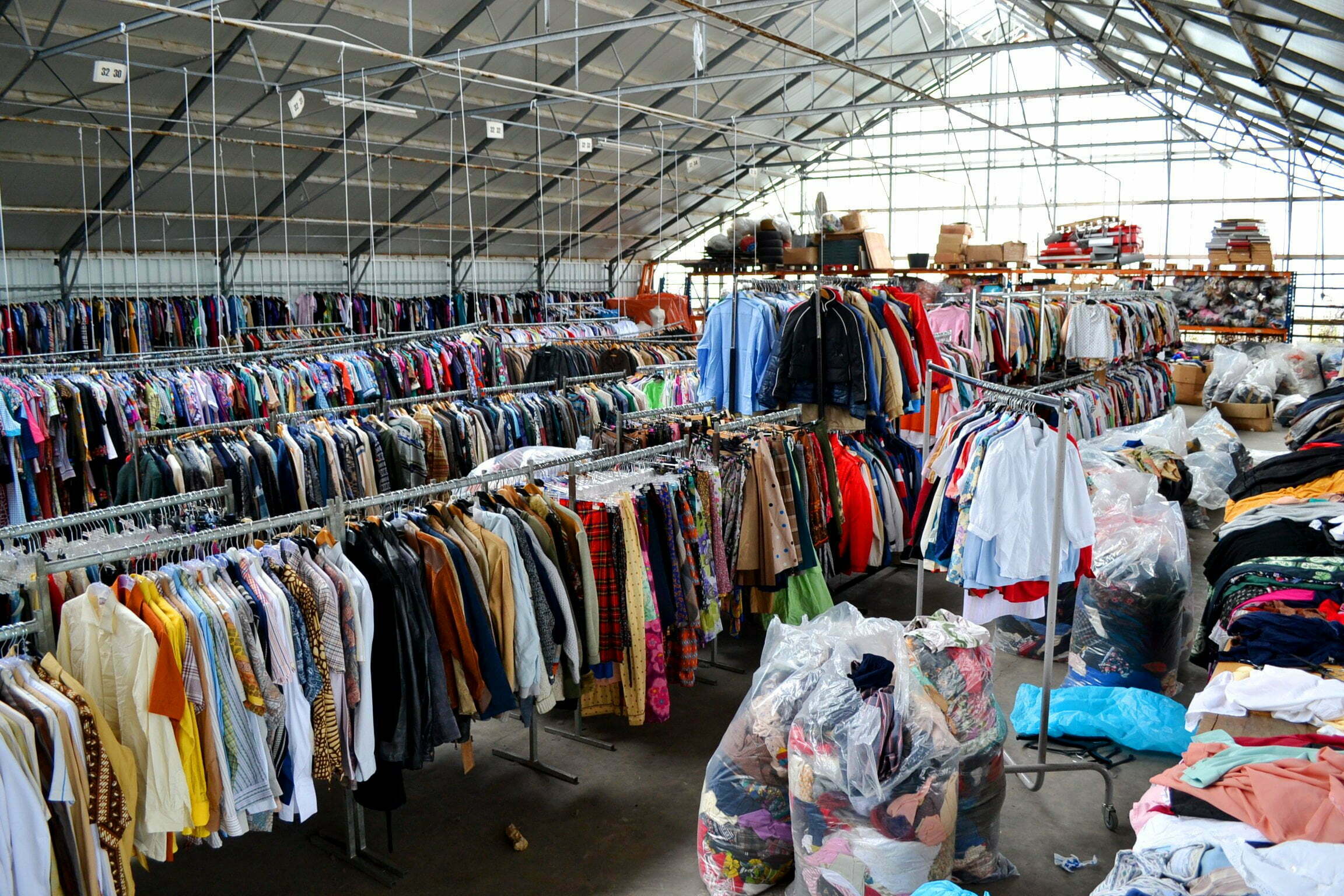Equipment Financing/Leasing
One street is device financing/leasing. Equipment lessors help small and medium length organizations gain equipment financing and device leasing while it is not available to them through their neighborhood community bank.
A distributor of wholesale produce aims to find a leasing company that can assist all in their financing wishes. Some financiers look at groups with excellent credit scores, while a few observe groups with bad credit scores. Some financiers look strictly at groups with very high sales (10 million or greater)—other financiers’ awareness of small price tag transactions with equipment charges under $100,000.

Financiers can finance equipment costing as little as one thousand.00 and up to at least one million. Businesses must search for competitive lease fees and shop for gadget strains of credit, sale-leasebacks & credit utility programs. Take the possibility to get a lease quote the next time you’re in the marketplace.
Merchant Cash Advance
It isn’t very traditional for wholesale distributors to accept debit or credit scores from their merchants, even though it is an alternative. However, their merchants need money to shop for the produce. Merchants can make service provider coins advances to buy your product, which allows you to grow your sales.
Factoring/Accounts Receivable Financing & Purchase Order Financing
One thing is sure about factoring or purchasing order financing for wholesale distributors of produce: The less difficult the transaction is, the better because PACA comes into play. Each person’s deal is checked out on a case-by-using-case foundation.
Is PACA a Problem? Answer: The process has to be unraveled to the grower.
Factors and P.O. Financers do not lend on the stock. Let’s count on that a distributor of produce is selling to a few nearby supermarkets. The money owed receivable commonly turns right away because produce is a perishable item. However, it relies upon on in which the produce distributor is clearly sourcing. If the sourcing is performed with a bigger distributor, there, in all likelihood, may not be a problem for bills receivable financing and/or purchase order financing. However, if the sourcing is finished via the growers directly, the financing needs to be done more carefully.
An even better scenario is when a value-upload is involved. Example: Somebody is shopping for green, crimson, and yellow bell peppers from growers’ ramification. They’re packaging those objects up and then promoting them as packaged gadgets. Sometimes that fee introduced the procedure of packaging it; bulking it after selling it will be sufficient for the component or P.O. Financer to observe favorably. The distributor has supplied enough cost-upload or altered the product sufficient in which PACA does not always apply.
Another example might be a distributor of produce taking the product, reducing it up, packaging it, and then dispensing it. There might be ability here because the distributor might be selling the product to supermarket chains – so in different words, the borrowers could very well be superb. How they source, the product will have an impact, and what they do with the product after they supply it. This is the component that the aspect or P.O. Financer will never understand till they observe the deal, and this is why individual cases are touch and pass.

What may be achieved underneath a buy order application?
P.O. Financiers like to finance completed items being dropped shipped to an end consumer. They are better at providing financing when there are an unmarried purchaser and an unmarried provider.
Let’s say a produce distributor has a gaggle of orders, and now and again, troubles are financing the product. The P.O. Financer will want someone who has a huge order (at least $50,000.00 or more) from a primary supermarket. The P.O. Financer will need to listen to something like this from the produce distributor: ” I purchase all of the product I want from one grower that I can have hauled over to the supermarket, and I do not ever touch the product. I am no longer going to take it into my warehouse, and I will not do something to it, like wash it or bundle it. The most effective element I do is to read the order from the grocery store and my location. The order with my grower and my grower drop ships it over to the grocery store. ”
This is the right scenario for a P.O. Financer. There are one dealer and one client, and the distributor in no way touches the inventory. It is an automatic deal killer (for P.O. financing and no longer factoring) whilst the distributor touches the inventory. The P.O. Financer may have paid the grower for the products, so the P.O. Financer knows that the grower got paid, after which the invoice is created. When this happens, the P.O. Financer would possibly do the factoring as nicely, or there is probably every other lender in place (both another component or an asset-primarily based lender). P.O. financing usually comes with a go-out strategy. It’s miles usually some other lender or the enterprise that did the P.O. financing who can then are available and element the receivables.
The go-out approach is easy: When the products are delivered, the invoice is created, after which a person has to pay the purchase order facility again. It is a little less difficult when the same business enterprise does the P.O. financing and factoring because an inter-creditor settlement does not must be made.
Sometimes P.O. financing can’t be carried out; however, factoring can be.
Let’s say the distributor buys from distinctive growers and is sporting a gaggle of various products. The distributor is going to warehouse it and deliver it primarily based on the need of their customers. However, this might be ineligible for P.O. financing, not for factoring (P.O. Finance agencies never want to finance goods that might be positioned in their warehouse to build up inventory). The aspect will remember that the distributor is buying the goods from distinctive growers. Factors recognize that if growers don’t get paid, it is like a mechanics lien for a contractor. A lien may be placed on the receivable as much as the end consumer, so everyone caught inside the middle does not have any rights or claims.

The concept is to make certain that the suppliers are being paid because PACA was created to defend the farmers/growers inside the United States. Further, if the supplier isn’t always the end grower, then the financer will not have any manner to understand if the quit grower receives paid.
Example: A sparkling fruit distributor is shopping for a massive stock. Some of the inventory is converted into fruit cups/cocktails. They’re reducing up and packaging the fruit as fruit juice and own family packs and selling the product to a big grocery store. In other phrases, they have almost altered the product absolutely. Factoring may be taken into consideration for this kind of state of affairs. The product has been altered; however, it’s far nevertheless sparkling fruit, and the distributor has supplied a fee-upload.
The idea for factoring/P.O. Financing is to get into the nuts and bolts of each unmarried deal to envision if it’s far plausible. William John McCloskey


















